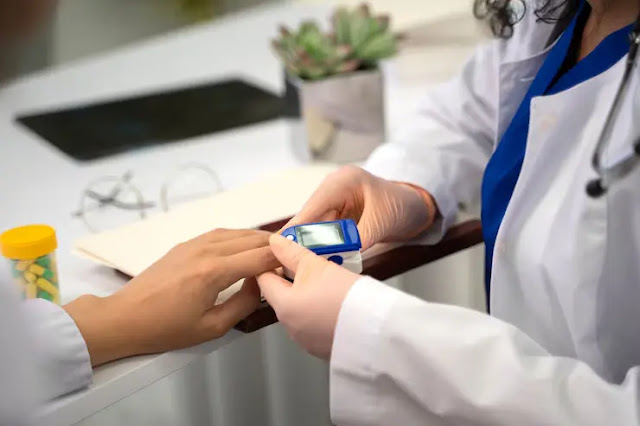Cholesterol is a type of fat that is essential for the body's normal functioning. However, high levels of cholesterol in the blood can increase the risk of heart disease and stroke.
Regular cholesterol checks can help you monitor your cholesterol levels and take steps to reduce your risk of these conditions. In this article, we will discuss the benefits and procedure of cholesterol testing, along with some pictures to help you understand the process.
Benefits of Cholesterol Testing
There are several benefits of getting your cholesterol levels checked:
- Early Detection: Cholesterol testing can help detect high cholesterol levels before they cause any symptoms or damage to your health.
- Risk Assessment: By knowing your cholesterol levels, you can assess your risk of developing heart disease or stroke.
- Treatment and Prevention: If your cholesterol levels are high, you can take steps to lower them through lifestyle changes such as a healthy diet, exercise, and medication.
Procedure for Cholesterol Testing
Cholesterol testing is a simple procedure that can be done in a doctor's office or a lab. There are two types of cholesterol tests:
- Fasting Lipid Profile: This test requires fasting for at least 9-12 hours before the test. A blood sample is taken from a vein in your arm and sent to a lab for analysis. This test measures your total cholesterol, LDL cholesterol, HDL cholesterol, and triglycerides.
- Non-Fasting Lipid Profile: This test can be done at any time of the day and does not require fasting. A blood sample is taken from a vein in your arm and sent to a lab for analysis. This test measures your total cholesterol and HDL cholesterol.
Here are some pictures to help you understand the procedure of cholesterol testing:
- Blood Sample Collection: A healthcare professional will collect a blood sample from your arm using a needle and a syringe.
- Blood Sample Labeling: The blood sample will be labeled with your name and other identifying information.
- Blood Sample Analysis: The blood sample will be sent to a lab for analysis.
- Test Results: You will receive your cholesterol test results from your doctor or healthcare provider.
Conclusion
Cholesterol testing is an important tool for assessing your risk of heart disease and stroke. By monitoring your cholesterol levels and taking steps to lower them if necessary, you can improve your overall health and reduce your risk of these conditions. Talk to your doctor or healthcare provider to learn more about cholesterol testing and how it can benefit you.




